Morocco has obtained the certificate of admission for the Moroccan organic standard “Bio-Maroc”. This indicates its alignment with the IFOAM – Organics International (OI) standards. The certification was awarded during Biofach-2022.
The admission was awarded following a comprehensive evaluation of the national organic standards of Morocco’s “Bio-Maroc” in respect of the Common Objectives and Requirements of Organic Standards (COROS).
Through this certificate, Morocco gains international credibility as it aligns itself with IFOAM-IO standards, the ministry’s statement noted. It also positions the North African country amongst new international markets for organic products such as Saudi Arabia or Australia, which will help develop its exports, the Ministry added. The products that make up the Moroccan Bio label mainly consist of citrus fruits, orange juice, frozen strawberry, olive oil, and argan oil.
Green Generation
The Moroccan-German project is not the only initiative that Morocco has launched in its pursuit of a green economy. In 2020, Morocco launched the “Green Generation 2020-2030” program as part of the continued development in the agricultural sector as part of the implementation of the “Green Morocco Plan.”
Agriculture in Morocco employs about 40% of the nation’s workforce. Thus, it is the largest employer in the country. In the rainy sections of the northwest, barley, wheat, and other cereals can be raised without irrigation.
On the Atlantic coast, where there are extensive plains, olives, citrus fruits, and wine grapes are grown, largely with water supplied by artesian wells. Livestock are raised and forests yield cork, cabinet wood, and building materials. Part of the maritime population fishes for its livelihood. Agadir, Essaouira, El Jadida, and Larache are among the important fishing harbors. Both the agriculture and fishing industries are expected to be severely impacted by climate change.


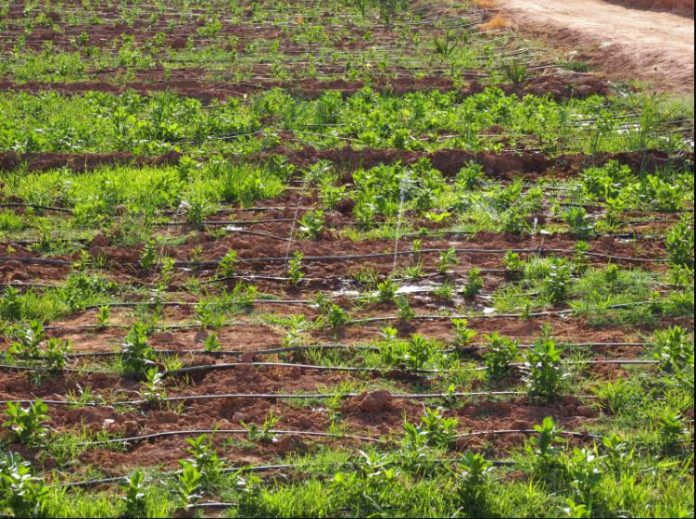
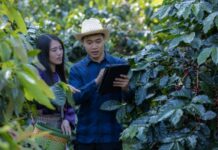
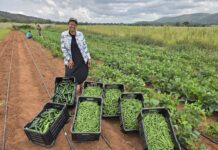
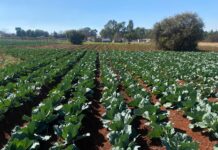
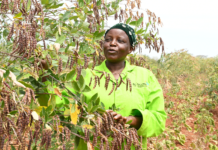

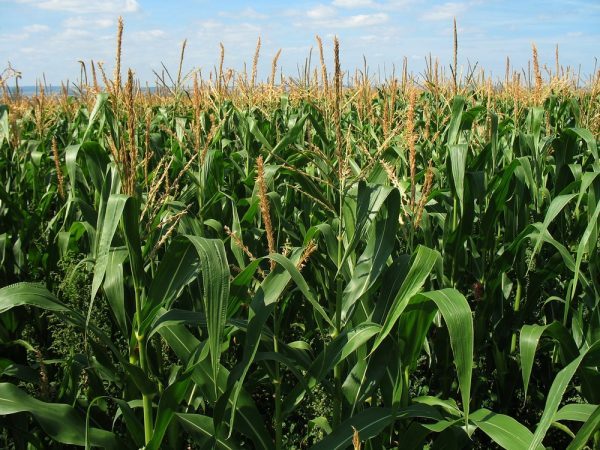
[…] Source link […]
Comments are closed.